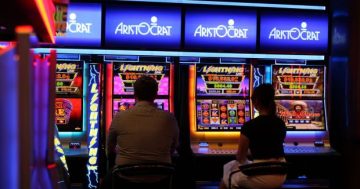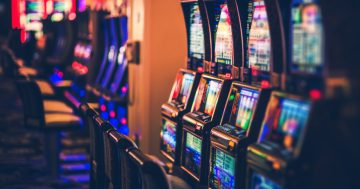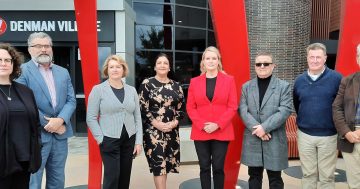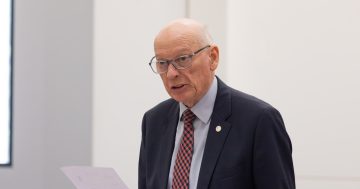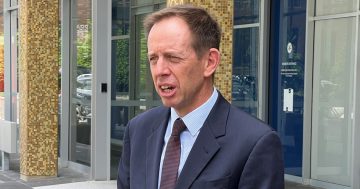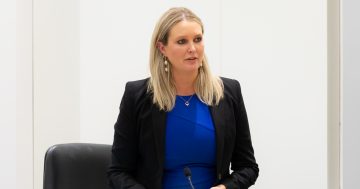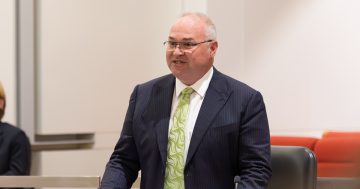
The Territory Government aims to reduce the 3793 authorisations for poker machines across the ACT to 3500 by 2025. Photo: File.
A Legislative Assembly committee has recommended the ACT Government ban the authorisation of poker machine licences in the Molonglo Valley and undeveloped areas of the ACT. But a dissenting report by the committee chair has argued the legislation would cause more harm than good.
The Inquiry into the Gaming Machine Amendment Bill 2023 handed down its findings to the Assembly with one recommendation: to pass the legislation.
However, Justice and Community Safety Committee chair Peter Cain claimed in his dissenting report that if the bill passed, it would not be economically viable for these emerging areas to have a community club because they depended on revenue from gaming machines to operate.
The ACT Government has taken several steps to reduce community clubs’ reliance on revenue from gambling machines, including financial incentives for clubs that surrender their machines and funding for clubs to diversify their income sources.
Across Canberra, there are 3793 authorisations for poker machines as of 2023, compared with 4946 in August 2018. The ACT Government aims to reduce this to 3500 by July 2025.
The private members’ bill was first introduced based on feedback from residents of the Molonglo Valley to address concerns that “the closer in proximity you live to venues with poker machines, the more likely you are to experience gambling harm”.
The inquiry sought to determine whether banning poker machines would benefit the community by reducing gambling harm, or would have adverse effects on the clubs industry and social cohesion in these growing areas.
The report acknowledged these concerns and raised the issue that gamblers might turn to online betting or travel to another part of the ACT where gaming machines were permitted. It also noted research showed people who lived further away from gambling venues were less likely to gamble.
The committee’s deputy chair Marisa Paterson said she hoped this bill would pave the way for Molonglo Valley to be the first club in Australia established without poker machines.
“Residents of Molonglo Valley, who I very broadly consulted with and who are very supportive of this bill, do not want to see gambling harm in their community, but they very much do want to see a club,” she told the Assembly.
“I’m proud to be part of a government that can think outside the box and can think of new innovative ways and a future for our community that doesn’t involve poker machines.”
Mr Cain, who acknowledged the bill aimed to prevent harm from gambling, said Molonglo Valley would not be able to establish a community club without poker machines.
“The practical outcome of this bill is that the residents of the Molonglo Valley will not have a valuable community resource, providing recreation, dining, sport, and even evacuation zones if there’s an emergency.”
In his dissenting report, Mr Cain pointed to submissions that said non-profit community clubs would not be able to provide community facilities and other services if not for the revenue generated by poker machines.
“The commercial reality is that clubs depend on these machines to be financially viable,” he said.
Mr Cain said gamblers would not be deterred by the ban; they would still be able to visit clubs in other parts of the ACT, and as a result it would do “little” to reduce harm.
“As we saw during the COVID period … the attendance of Canberrans at Queanbeyan clubs increased significantly because of the restrictions on the clubs in the ACT,” he told the Assembly.
“… It’s not that far to get from one district of Canberra to another.”












